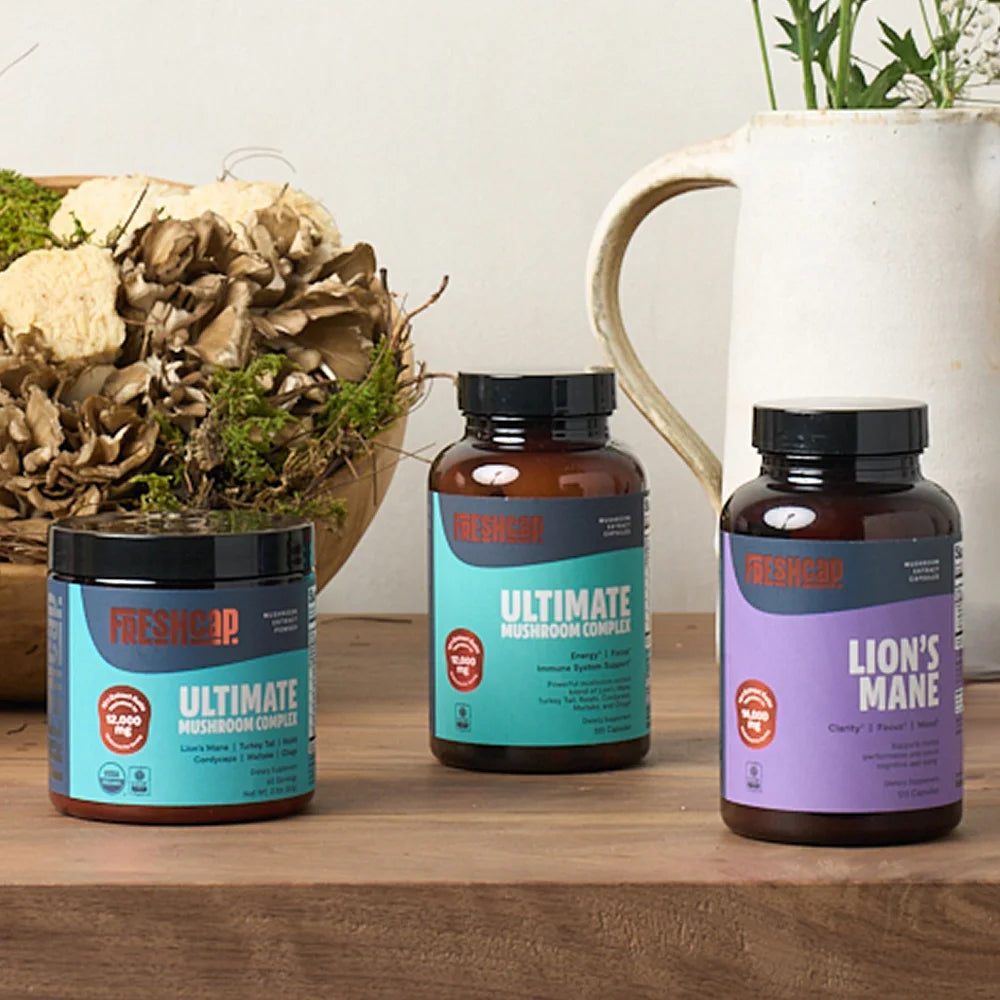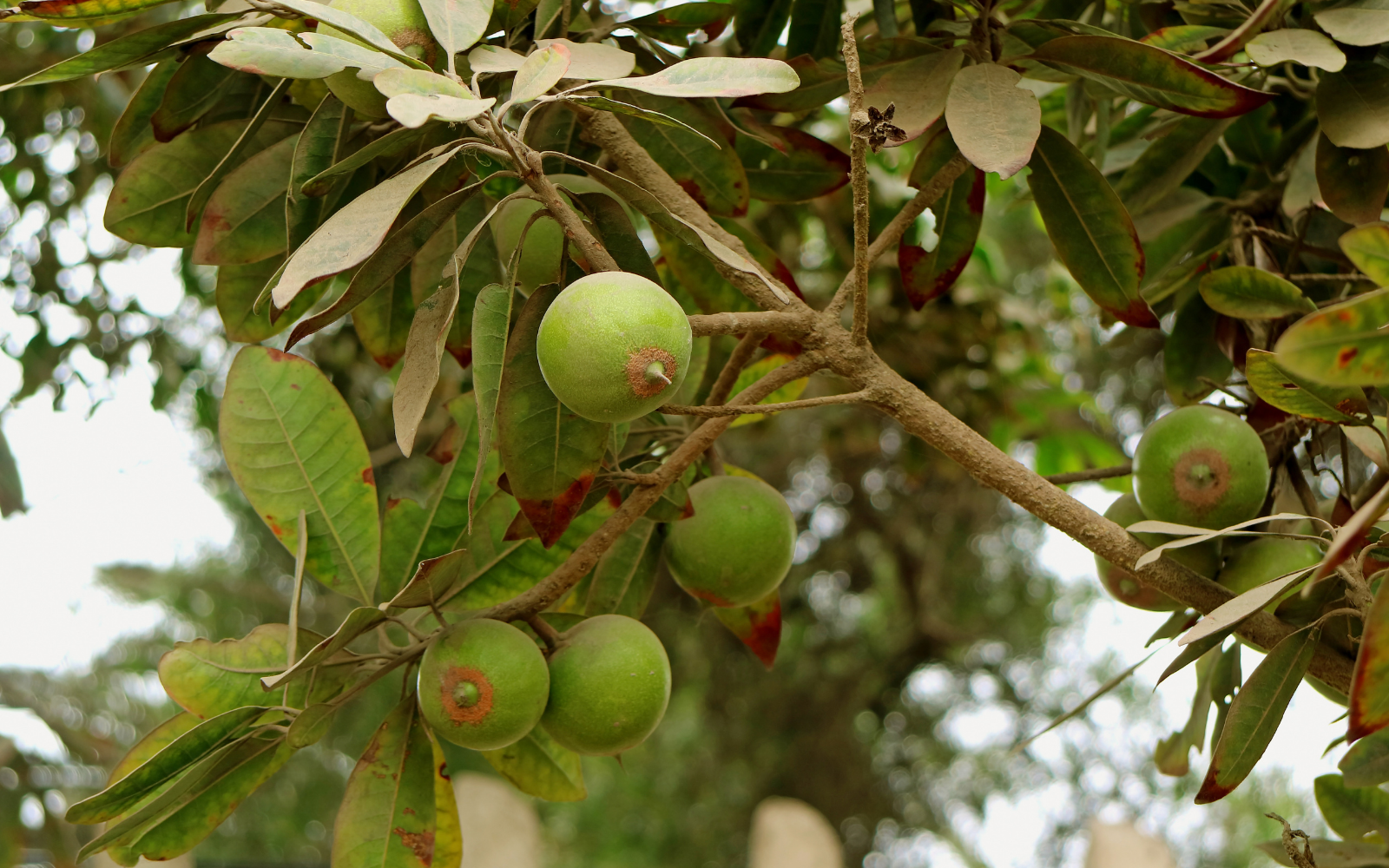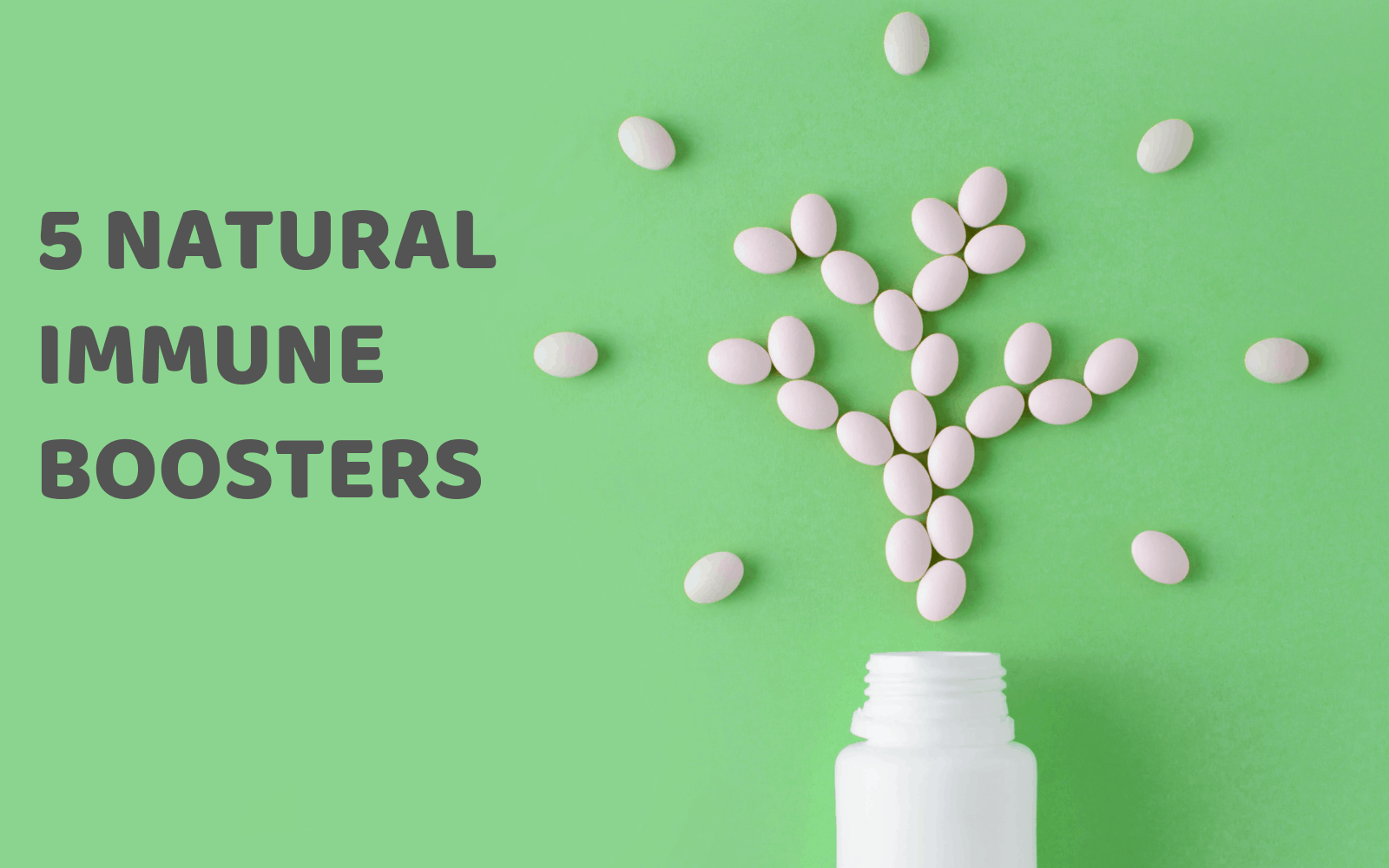Want to talk turkey? Well, you certainly will if you know what's good for your health. Named after the colorful, autumnal-hued plumage of a wild turkey, turkey tail is a mushroom that has long been used for its healing properties. For centuries, Asian cultures have used it as both as a food and therapeutic treatment for many health issues—traditional Chinese medicine has used turkey tail ("yunzhi") to treat lung diseases while Japanese medicine has employed turkey tail ("kawaritake") to strengthen the immune system when given with standard cancer treatment. (1) Turkey tail is one of the most researched medicinal mushrooms thanks to its ability to promote immune function and fight disease. Find out more about this eye-catching, health-boosting, and surprisingly common fungi and how it can potentially help you.

What is Turkey Tail?
The scientific name of this mushroom is Trametes versicolor, formerly Coriolus versicolor (which is Latin for "cloud mushroom"). Turkey tail is a polypore mushroom, meaning it releases spores through many tiny holes underneath its caps. (Contrast that with shiitake mushrooms or portobello mushrooms, which have gills under their caps.) Turkey tail naturally grows on dead tree logs, branches, and stumps all over the world. Unlike reishi mushrooms, which are primarily found in specific areas of southeast Asia, turkey tail mushrooms are much more widespread and grow just about anywhere there is a forest. If you've walked through woodlands, there's a good chance you've been surrounded by turkey tail without even knowing it.Turkey Tail For Immune Function
Turkey tail has a number of health benefits, most notably antiviral and antifungal qualities that help the body's immune system fight off viruses and infections. These range from the common cold and pneumonia to herpes and HIV. (2) It's also become increasingly famous for its cancer-fighting properties and potential as a complementary regimen to traditional cancer treatments such as chemotherapy and radiation. (3)Beta-Glucans and The Immune System
If you're not familiar with beta glucans, it's time to change that. They are two types of complex sugars (polysaccharide) found in the cell walls of bacteria, fungi, yeasts, algae, and plants. These powerful beta-glucans interact with immune cells by boosting immune system response, particularly for those with weakened immune defenses. A research review published in 2017 states that beta-glucans "are known to have antitumor, anti-inflammatory, anti-obesity, anti-allergic, anti-osteoporotic, and immunomodulating activities" both in animal and human research studies (4). What's more, properly extracted turkey tail supplements contain the highest levels of beta glucans, and as science shows, these polysaccharides may help the body fight cancer, infection, and other diseases. (4) Now that you're better acquainted with turkey tail, here are some specific health benefits of this prolific fungi.1. Gut Health
Immune function is directly tied to gut health, with 70 to 80 percent of immune cells found in the gut. As such, it's essential to maintain a healthy balance of good bacteria (probiotics) in your microbiome since it directly impacts your immune response. (5) Turkey tail contains prebiotics, which help feed these helpful bacteria. A 2014 clinical trial tested healthy volunteers who consumed polysaccharopeptide (PSP) extracted from turkey tail mushrooms resulted in beneficial changes in gut bacteria and suppressed the growth of potentially problematic E. coli and Shigella bacteria (6).2. Cancer Treatment
Turkey tail is increasingly employed to promote a healthy immune system for cancer patients undergoing chemotherapy. In 2012, a medical analysis aggregated the effects of turkey tail on cancer patients from 13 different clinical trials provided strong evidence that turkey tail was beneficial, particularly those with breast cancer, gastric cancer, and colorectal cancer. (7) Research conducted on women with breast cancer found that those who consumed 6–9 grams of turkey tail powder per day after radiation therapy had a boost in cancer-fighting cells, such as natural killer cells and lymphocytes (white blood cells) that destroy cancer cells. (8) Still, the findings underscore the need for further evidence to guide future treatments and modifications.3. Immune-Boosting Polysaccharides (PSK and PSP)
There are two types of polysaccharopeptides found in turkey tail—krestin, a protein-bound polysaccharides (PSK) and polysaccharide peptide (PSP), both of which have shown to be potential cancer-fighting, anti-tumor compounds that improve immune response. (9) (10) (11) In Japan, PSK is an approved mushroom product that has been used for more than 30 years to treat cancer. It can be taken as a tea or capsule. (12)4. Antioxidants
Turkey tail is loaded with antioxidants that protect cells from the damaging effects of free radicals. In particular, turkey tail has flavonoids and polyphenols that have been established as having anti-inflammatory qualities. (13) From short-term (acute) inflammation to long-term (chronic) inflammation, antioxidants can be powerful agents to help curb such aggravations that have associated with diseases such as diabetes, autoimmune disorders, and gastrointestinal issues, among many others (14).5. Antiviral Properties
Research shows that turkey tail has antiviral properties, including for those with HPV (human papillomavirus). In fact, a 2014 clinical study found that nearly 90% of participants treated with turkey tail had positive results, including clearance of HPV, compared to just 5% of the control group (15).6. Defense Against Cold and Flu
Because of their potent mix of immune-boosting beta-glucans and antioxidants, as well as their antiviral and antibacterial properties, turkey tail mushrooms can strengthen the immune system, thus possibly fighting off the common cold and flu. (4)
Turkey Tail Dosage
For a healthy individual, the suggested dosage of turkey tail is one gram per day. However, keep in mind that dosage also strongly depends on the type of mushroom extract as well as its quality. Body weight, existing health conditions, and each person's individual composition must also be considered for proper dosing. Do your research and only get supplements from a reputable source. While dosage can certainly go above one gram, consider starting with a low amount and build from there. Turkey tail is generally regarded as a safe product to use with few side effects reported. (16) Of course, you should always consult your doctor before taking any new supplements, including turkey tail extract and other mushroom products.Talking Turkey Tail
When it comes to turkey tail mushroom, there's certainly a lot to say and so much more to learn. While there is no miracle drug that can cure all your problems, turkey tail is one impressive fungi that offers many health benefits. The FDA does not approve dietary supplements as safe or effective, but research studies clearly demonstrate there are numerous health benefits to taking turkey tail. That said, be sure to seek the advice of a trusted medical professional to avoid any potential side effects.




